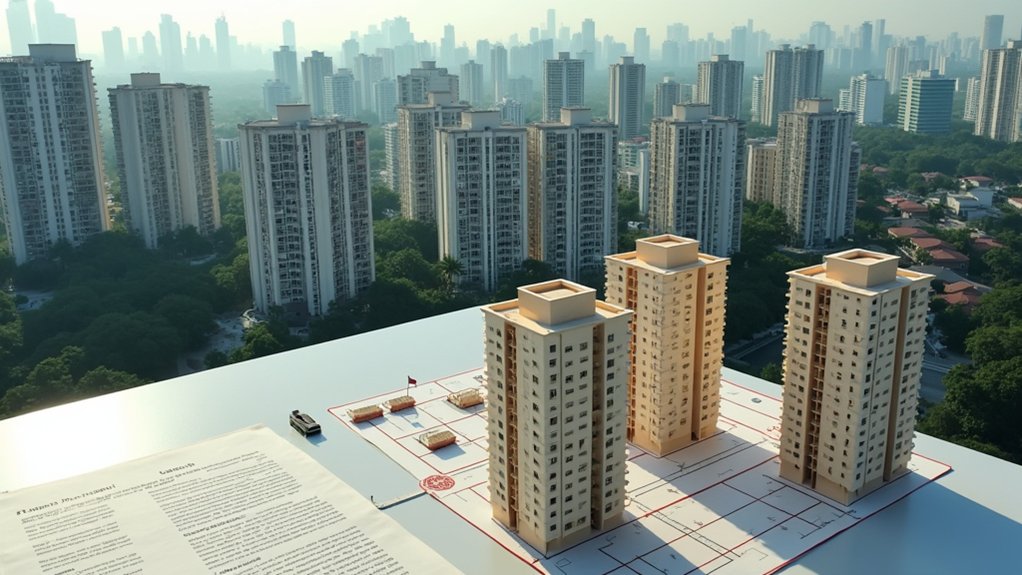How might Singapore’s collective sale landscape shift if the government decides to lower the consent thresholds that have long governed en bloc transactions? The Ministry of Law is currently conducting a review of en bloc sale policies and regulations, with proposed reforms focusing on consent thresholds, procedural fairness, and safeguarding owner rights through regular consultation with property owners, developers, industry associations, lawyers, and academics.
Under the Land Titles (Strata) Act, the consent threshold is currently set at 80% for developments 10 years or older and 90% for those under 10 years of age, with consent measured by share value or total strata area in the development. The Strata Titles Board approval is required after majority consent is achieved, and owners opposing the sale may object at this stage, potentially blocking the transaction if deemed “not in good faith.”
Singapore’s en bloc framework balances majority rule with minority protection through tiered consent thresholds and Strata Titles Board oversight.
En bloc activity peaked at S$8.5 billion in 2017 and S$10.3 billion in 2018 before declining substantially. The downturn was attributed to property market cooling measures and dampened sentiment. Many recent en bloc attempts have failed to reach the required consent levels, and market analysts view threshold adjustment as a potential catalyst for more successful collective sales.
This is particularly relevant as rising costs for repair and maintenance in older developments intensify calls for easier redevelopment. Proponents of easing thresholds argue that lowering requirements could revitalize stagnant en bloc activity, facilitate urban renewal, and allow more efficient land use. The case of Neptune Court, a 752-unit development built in 1975 where individual owners hold units but the land and common areas are owned by the Ministry of Finance, illustrates the complex ownership structures that can complicate collective sale processes. With over 1 million HDB flats accommodating approximately 80% of Singapore’s population, the housing landscape is predominantly shaped by public housing policy.
Some industry voices cite alignment with international standards, where unanimity is not required for collective sales. The adjustment is considered timely as the government ramps up land sales supply for housing stock.
However, dissenting owners argue that the current 80% rule may already result in structural oppression of minority interests. They warn that lowering thresholds could worsen risks of property owners being forced to sell against their will. Under proposed amendments, the STB would be empowered to increase sale proceeds for minority owners facing unfair treatment, with increases capped at 0.25% of total sale proceeds or $2,000 per unit.
Calls for enhanced valuation governance and dispute resolution mechanisms to protect minority rights have emerged. Meanwhile, maintaining high thresholds for newer developments remains widely supported to safeguard recent buyers’ interests.
The Ministry of Law has indicated no specific timeline for announcing policy changes, with proposals to be publicized when ready.





